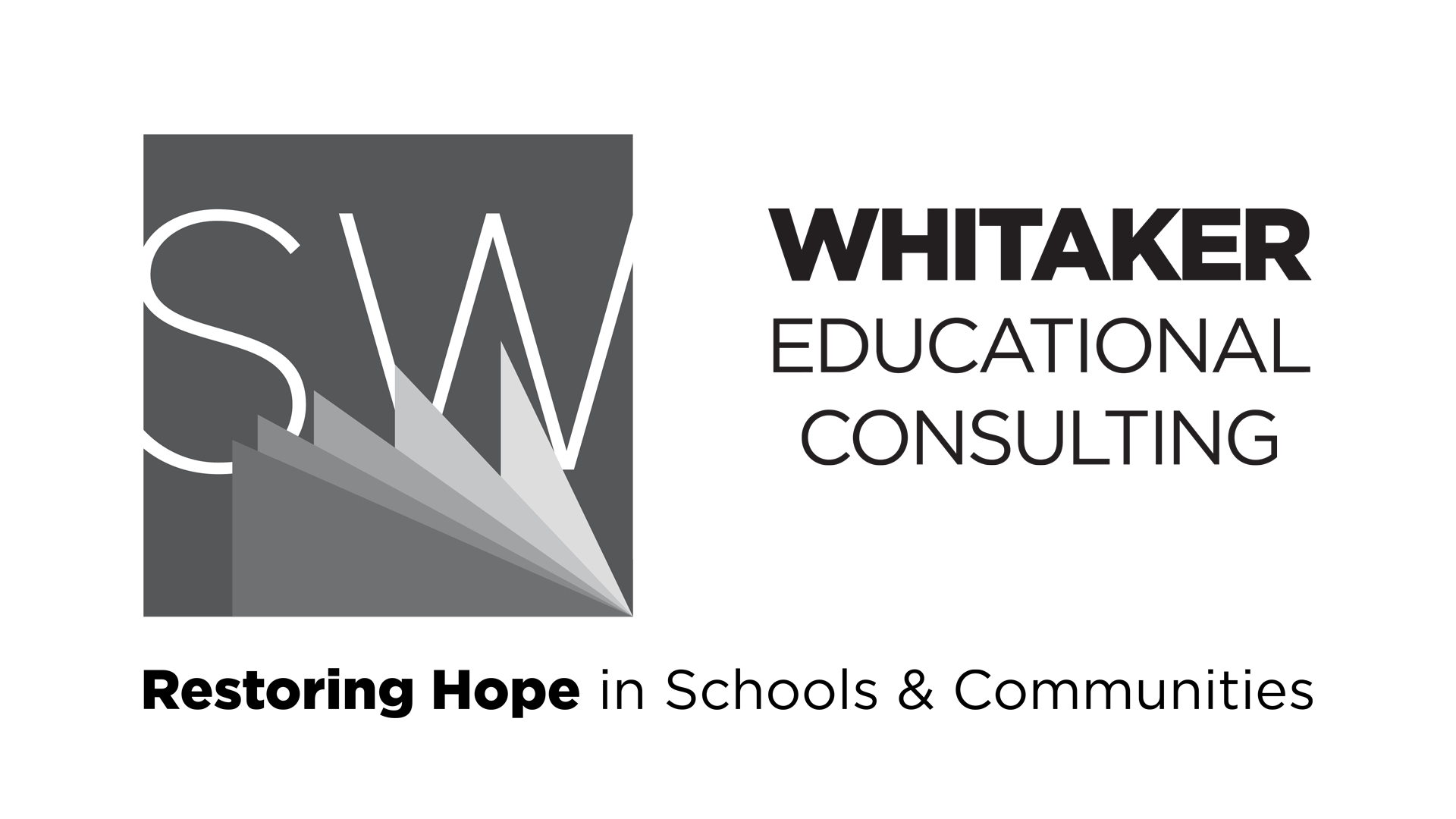You Were Called to Lead During Such a Time as This
You have been called to lead during such a time as this. Pushing the needle for public education. If you have had an opportunity to listen, then you are aware that in my podcast entitled, “The Sonya Whitaker Podcast 2.0: Gracefully Broken,†you are aware of an experience I had several weeks ago in which I was provided the opportunity, to deliver yet another keynote presentation during a National Conference.
If you haven’t had an opportunity to listen to that podcast, in particular, I’d ask that you do so because it will help provide you with a frame of reference by which I engage in this written narrative. My intent is to simply take various parts of the presentation that I conducted to a large audience and share them with you so that you may continue to grow in your equity work.
I also have been called to lead during such time as this. Although many of us are in the same profession, it is important to recognize that we all view the world using many different lenses. Our lenses are connected not just to our social experiences. Our lenses are connected to our upbringing, socio-economic and academic experiences as well. As a result of our varying experiences, very often as we continue to do this work on behalf of children, we don’t recognize that we have differences in beliefs about what is best for all children. It is important to recognize that there can be strength in our differences.
One of the most effective ways in which to show an appreciation for differences is to be intentional in our efforts to maintain a high level of respect for one another as human beings. So, what does it mean to push the needle? Webster’s dictionary tells us that pushing the needle means to have enough of an effect, that people will notice a change. I’d like to ask you to think about your respective organization, be it at the school board level, district level, with your cabinet, at the school level, with your staff, or at the classroom level. Ask yourselves, what is it that you want to change in a way that you and others can actually recognize the difference that you are making as it relates to equity in education? In other words, what else can you get right? The goal is to recognize that you have been called to lead and it is important that you do so. In doing this work it is also important that you recognize what you are up against.
You see, you have been called to lead during a time in which little black girl that looks like me, are sent subliminal messages during the banning of books, which suggest that women that look like me have made little to no contributions to society. You are being called to lead during a time in which children experiencing the impact of poverty from all races, are not having enough opportunities to gain equitable access to a quality education. You are being called to lead during a time in which children are being discriminated against based on their religion, sexual orientation, native language, and in some cases, even their disability.
You have been called to lead during a time in which little dark-skinned black girls, depending upon the school district in which they attend school, don’t have the ability to go into the classroom library and pick up a book that suggests that they are intellectually capable of achieving at high levels. You are being called to lead during a time when black, brown, and poor children are being denied the ability to access a curriculum that suggests that positive stories about people that look like them should remain non-existent thereby contributing to implicit and in some cases explicit biases.
You have been called to lead, but this work has never been for the faint at heart. What I want to encourage you to do, is to begin to think about where are you going to get your energy from. If you are going to be successful in your endeavor as it relates to advocating and fighting the good fight on behalf of America’s most vulnerable students, you’ve got to stay ready so that you don’t have to get ready. Your energy source will help you with that.
Advocating on behalf of America’s most vulnerable students can be a very lonely space to be in. Expand your support system and recognize that it doesn’t have to include a large group of people. In fact, Margaret Mead suggests that we, “never doubt that a small group of committed citizens can change the world, it is the only thing that ever has.†You got this.
To obtain more information about Dr. Sonya Whitaker or to gain access to her other blog posts, podcasts, MasterClasses etc. visit sonyawhitaker.com.
